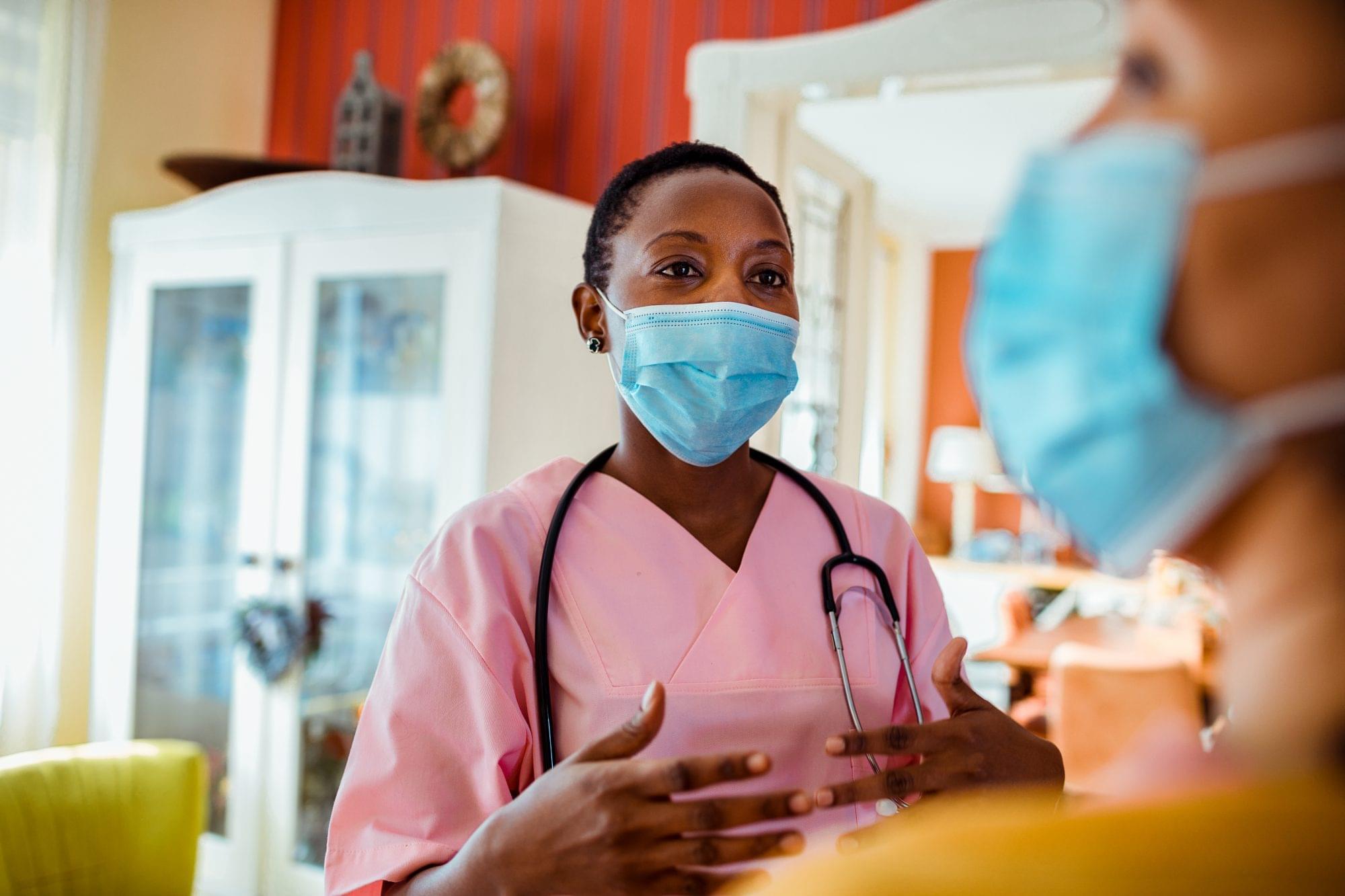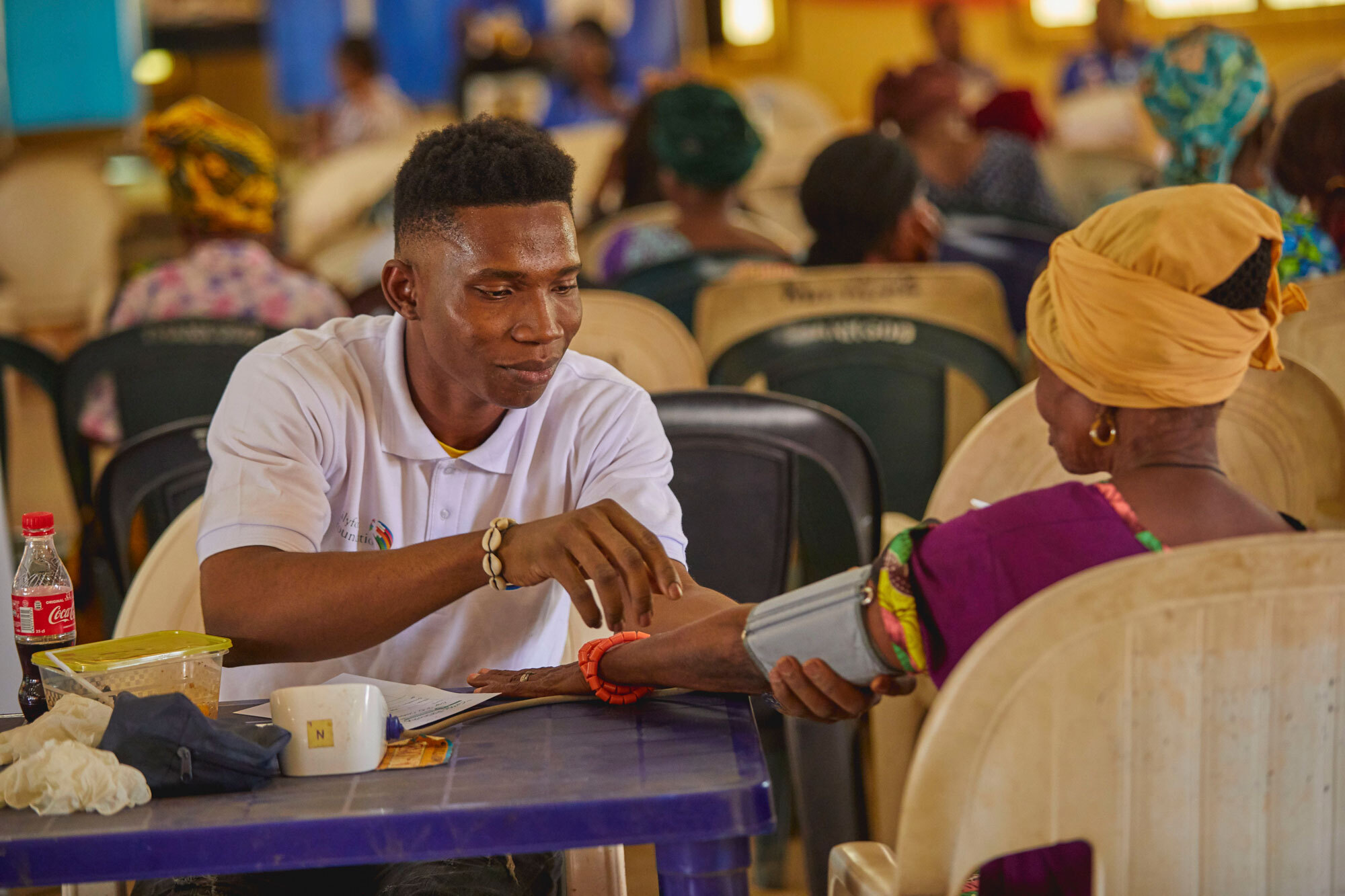
Nigeria has a population of over 200 million people, the largest in Africa. Among the West African countries, it has the second-highest density of medical doctors, which is, however, still very low compared to the actual need for such a populous nation.
Government expenditure on health is still considerably slimmer than what comes from private contributions, differing by mammoth proportions. About 3.9 per cent of Nigeria’s GDP is invested in the health sector, considerably below the average spending on healthcare even with other emerging economies with lower middle incomes. Nigerians usually have to pay for medicine out of their pocket and often, the medicine is expensive and difficult to afford or find. In 2019, on average, health care made up six percent of Nigerian household spending, with higher figures in rural areas than in urban zones.
This forms a compelling case for Lilyford Foundation and its programmes. We are poised to progressively alleviate the scourge of poor access and in some cases, the dearth of basic health care and sustained medical support in Nigeria, one community at a time
Considerably lower than the WHO 5% of GDP recommendation

MRS UJU IFEJIKA
We believe a people's health is not unrelated to their propensity to prosper that is why Lilyford Foundation is unreserved about her commitment to the health and welfare of her beneficiaries. Households and individuals in Nigeria bear the burden of a dysfunctional and inequitable health system – delaying or not seeking health care and having to pay out of pocket for health care services that are not affordable.
Our health programmes are aimed at providing access, relevant care and support and sustainability for the people who need them the most.
